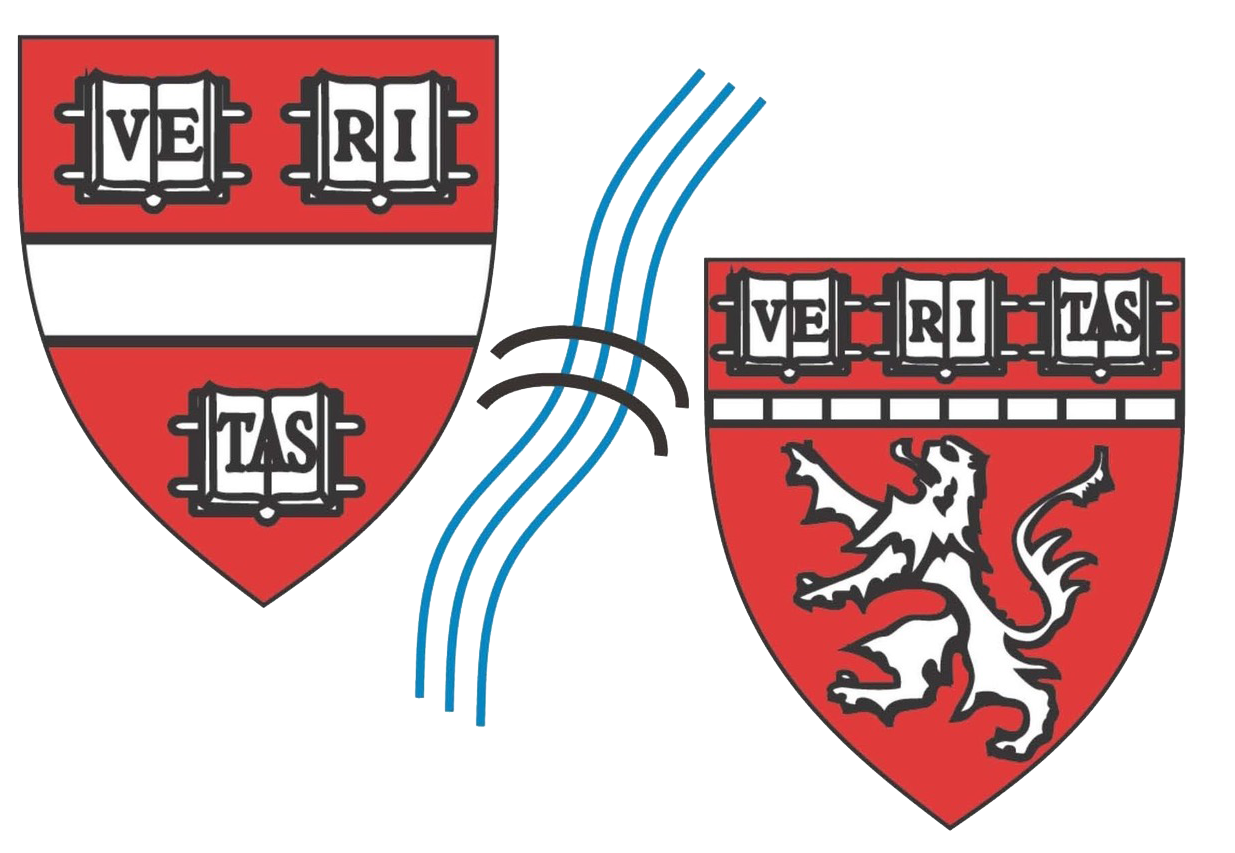Biophysics applies the theories and methods of physics to understand how biological systems work. The Biophysics Program at Harvard University aims to train graduate students focused at the interface of physical and biological sciences.
The Biophysics Graduate Program seeks to attract students who have strong undergraduate backgrounds in quantitative sciences (especially physics and mathematics) and who are interested in a deep dive into biological and biomedical research. The program provides broad training in the biophysical, chemical and molecular concepts and techniques that are required to address outstanding problems in biology and biomedical sciences. This interdisciplinary graduate program offers training in approaches to explore the structure, function and interactions of key macromolecules of the cell, the control of cellular and multicellular processes at the molecular and genome-wide levels, as well as the development of methods to image and model these processes. The Program comprises a community of faculty and their labs, providing opportunities for collaborative research and training opportunities. Students apply their training to research areas such as studying macromolecular structure or folding, developing new imaging or measurement tools, or to building models that explain how biological systems transform energy, matter, or information. Some trainees will also learn to use this information to diagnose, understand, prevent or cure human diseases.
In a field as diverse as Biophysics, it is impossible to represent every area of research. Historically, the Harvard Biophysics Program has had unusual strengths in areas of mechanistic biology where physical principles are paramount (e.g., structural biology and cellular dynamics) and in development of new physical measurement tools (e.g., single-molecule methods and imaging techniques). These areas of research will remain foundational, but future progress in the life sciences will crucially depend on continued identification and support of developing areas of research. These research areas will emphasize a fundamental physical science approach not just in terms of tools and techniques, but also in the mode of explanation of biological phenomena.
Program Contact
(617) 495-3360
240/250 Longwood Avenue, Seeley G. Mudd Bldg. C, Room 204c HMS Campus Boston, MA 02115
biophys@fas.harvard.edu







